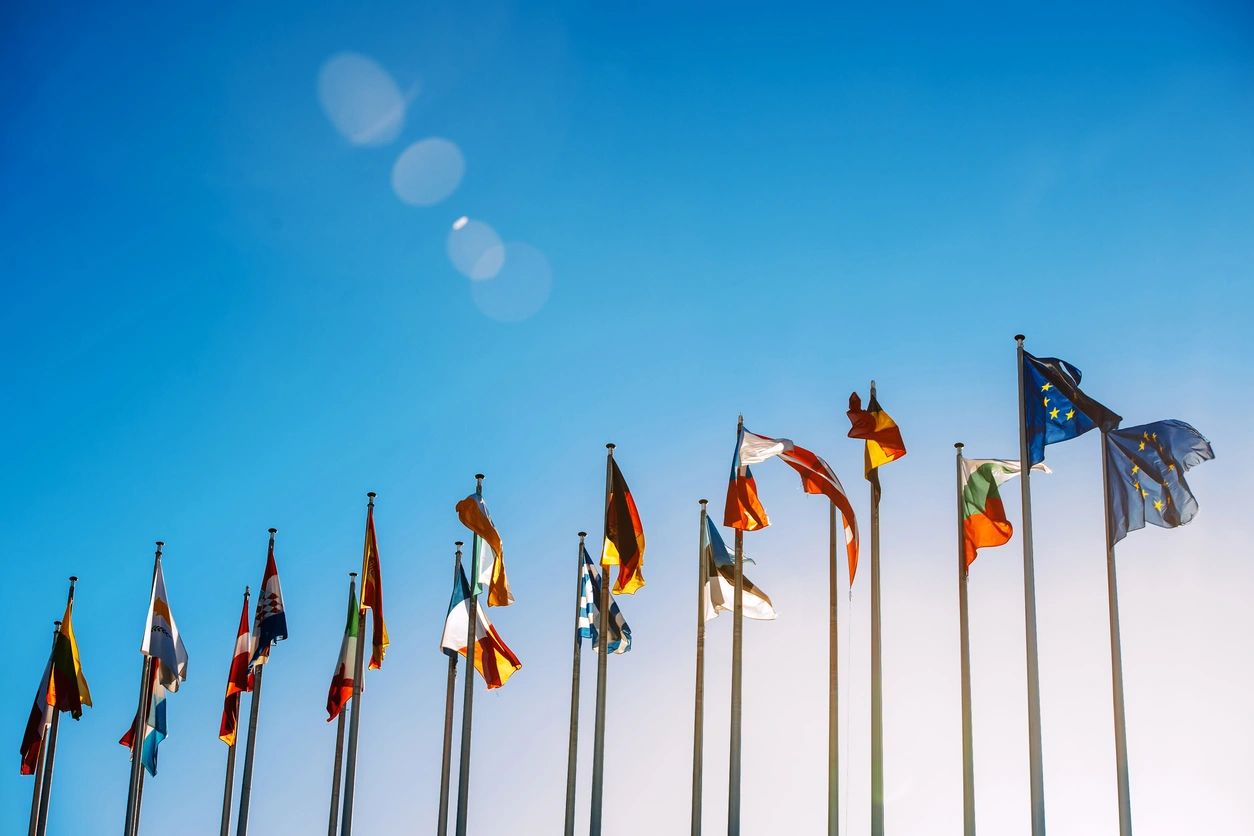The Liberals are withholding information regarding which federal politicians knowingly collaborated with foreign interference efforts, following the release of a highly charged report.
Deputy Prime Minister Chrystia Freeland encountered persistent inquiries about the National Security and Intelligence Committee’s (NSICOP) revelations that some parliamentarians are actively or unwittingly involved in foreign interference activities, including divulging sensitive information to foreign nations.
On Tuesday, when pressed about whether Canadians deserve to be informed about the identities of these parliamentarians, Freeland avoided giving a direct response.
“Let me just say this, we take foreign interference really, really seriously,” she said. “It needs to be law enforcement that takes the steps and takes the action.”
The NSICOP report detailed various instances where elected officials engaged in collaboration with nations such as China and India, which included accepting financial benefits or favors from diplomats.
In one particularly grave case of foreign interference, a parliamentarian purportedly shared classified government information with a “known intelligence officer of a foreign state.”
When asked if he desired to be informed about the identities of parliamentarians accused of collaborating with adversarial states, Justice Minister Arif Virani opted not to respond directly, stating in French that his primary concern lies in addressing foreign interference as a broader issue.
Despite repeated inquiries, Public Safety Minister Dominic LeBlanc declined to disclose specifics regarding the implicated politicians or whether they currently hold seats in the House or Senate.
“I want to be careful not to comment on specific matters,” said LeBlanc on Monday, after the release of the NSICOP report.
“This is an example where certain information doesn’t have the caveat that some of the intelligence documents that we would see have.”
LeBlanc expressed dissent towards specific aspects of the document. Despite repeated inquiries from Global News regarding the nature of these elements and his reasons for finding them troublesome, LeBlanc declined to provide further details.
NDP Leader Jagmeet Singh asserted that there should be repercussions if there is “clear evidence” of collusion.
“There’s no way a member of Parliament should be able to continue to work in this place if they are assisting another government in interfering with our democracy. It’s just wrong,” he said.



